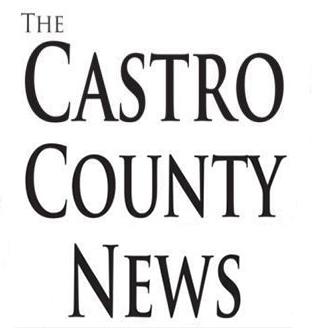The U.S. Supreme Court (SCOTUS) is set to hand down key decisions this week on student debt relief, affirmative action and federal election laws.
The final round of decisions comes as SCOTUS enters the last week of its summer session in June with 10 cases pending.
The court has given no indication it will break its norm of finishing decisions by the end of June, and the next batch is slated to be released Tuesday morning.
A key decision concerns student loan debt and President Joe Biden’s plan to forgive debt up to $10,000 who meet income requirements and up to $20,000 for Pell Grant recipients. There are currently two lawsuits challenging the president’s authority to cancel the debts. The cases are Biden v. Nebraska and Department of Education v. Brown.
Affirmative action will be challenged as Gurtter v. Bollinger is on the table to be overturned. Though affirmative action was upheld in 2003, now 25 years later, it is being questioned as to the use of racial preferences for college admissions. During oral argument, the majority appeared skeptical of upholding race-conscious college admission.
SCOTUS will also be handing down a decision on 303 Creative LLC v. Elenis. The case involves web designer Lorie Smith, an evangelical Christian challenging Colorado’s public accommodation law on free speech grounds. The state law demands Smith create same-sex websites; she is strongly opposed to samesex marriages.
Concerning federal election rules, the court will be deciding on Moore v. Harper. The case weighs in on a major election clash that will decide who has the final word on setting federal election rules. North Carolina Republican lawmakers appealed a state court ruling that struck down their congressional map, promoting to the justices a sweeping argument known as the “independent state legislature” theory.
That theory asserts that state legislatures have exclusive authority to set federal election rules under the Constitution. Adopting it would essentially remove the ability of state courts and state constitutions to block legislatures’ congressional map designs and other regulations surrounding federal elections.
The four other cases include: Groff v. DeJoy, where the justices will decide whether the U.S. Postal Service had to accommodate postal worker Gerald Groff’s request to not work on Sundays for religious reasons. The decision could change the standard for when businesses must provide religious accommodations under the Civil Rights Act of 1964.
Counterman v. Colorado concerns a man’s appeal of his stalking conviction on First Amendment grounds. The high court has long carved out “true threats” as an exception to free speech protections, and the case will clarify when it applies: when a reasonable person regards the statement as a threat of violence, or only when the speaker intended for it to be threatening.
Mallory v. Norfolk Southern Railway Co. will weigh in on a constitutional challenge to a Pennsylvania law, which mandates that corporations doing business there consent that state courts have jurisdiction to hear lawsuits against the company.
In Abitron Austria GmbH v. Hetronic International Inc., the justices are weighing whether federal law can be used to punish trademark infringement if the infringement happens overseas.

